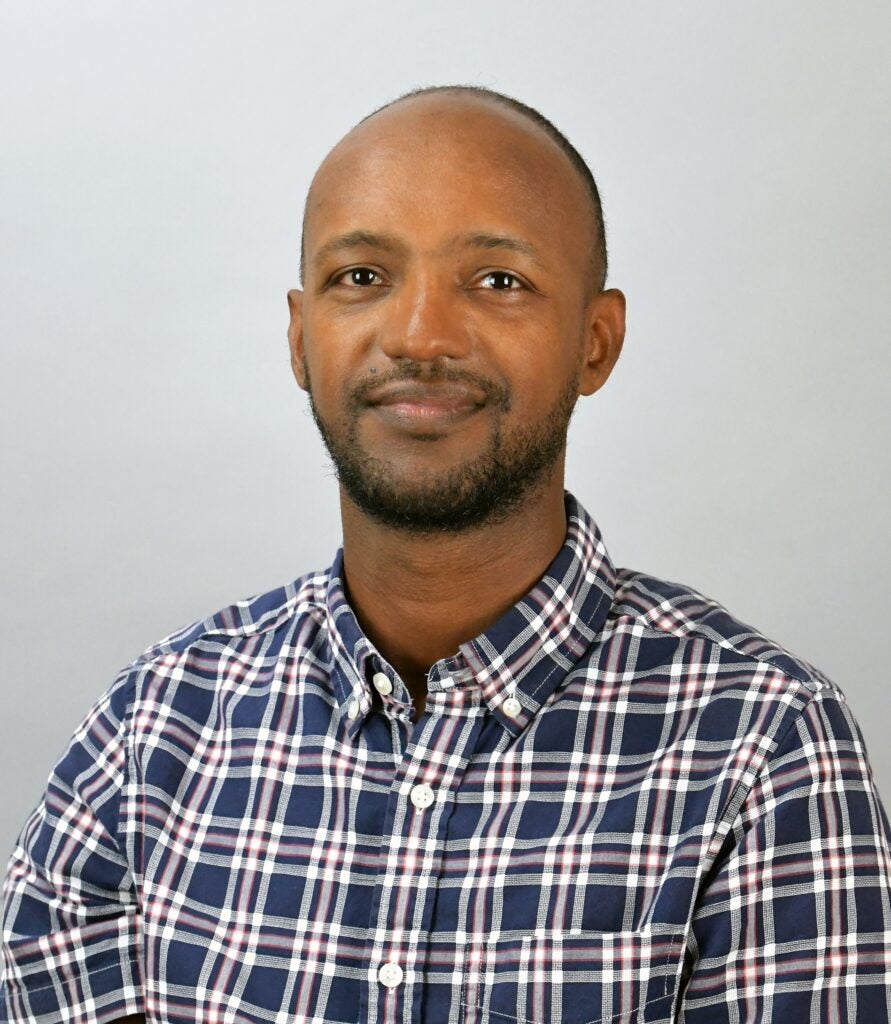October, 9, 2024
Two GSO students are among 88 nationally who have been awarded John A. Knauss Marine Policy Fellowships through the National Sea Grant College Program. Recent GSO alum, Diana Fontaine (Ph.D. ’24), of Bedford, New Hampshire and Ph.D. candidate Asta Habtemichael of Asmara, Eritrea will head to Washington, D.C., in February to spend a year working on coastal and marine policy issues within legislative and executive offices of the federal government.
They are two of four University of Rhode Island students who applied for the fellowship through Rhode Island Sea Grant and were chosen through a competitive process that includes review panels made up of experts in marine science, policy, and education. The finalists will participate in a week-long matching process that will pair them with their executive and/or legislative host office in the coming months. Meet the new Knauss Fellows below.

Diana Fontaine
Fontaine, who earned her Ph.D. in oceanography, remembers dissecting sea cucumbers in a high school science class. After studying marine science at the University of San Diego, she spent two years at the Smithsonian studying plankton in ballast water on cargo ships. Her undergraduate advisor suggested continuing her research in graduate school.
Fontaine ended up in the Rynearson Lab at GSO, where she participated in 12 research cruises and tracked the fixation of carbon dioxide in phytoplankton via time series research as part of an effort to develop a predictive understanding of the ocean’s carbon cycle. She got her first exposure to science communication writing for Ocean Bites, a blog that explains current oceanographic and marine biology research for a non-expert audience. Fontaine is looking forward to her fellowship placement in the legislative branch, where she will work with a senator, representative, or a committee.
“I have a strong understanding of both science communication and research,” she said. “I’m interested to learn how people in D.C. use the science people do around the world and turn it into policy.”
Asta Habtemichael

Habtemichael is a Ph.D. candidate in oceanography, and has also earned two master’s degrees in environmental science and management and in marine affairs at URI. His path to ocean sciences was different from many of his URI peers. He’d always wanted to be an engineer, but in his home country, Eritrea, students take a national exam at the end of high school, which, along with government policies and the country’s desperate need for trained personnel in applied marine science, decided his path. “That turn of events was a blessing in disguise,” he said.
He has thrived in his field and at URI, winning accolades like the Emerging Coastal Leaders Award and a science communication award through the DWELL Lab. His work has focused on bioaccumulation of persistent pollutants in the marine food web. Of his current research into per- and polyfluoroalkyl substances (PFAS), found in materials like Teflon, and considered forever chemicals, he said, “we’re trying to understand something you can’t see or touch.”
He applied for the Knauss Fellowship because he has come to realize that science and policy are not separate, even though they are often perceived as individual pathways. “Ecosystems show us that everything is connected,” he said.
To read more about the other two Knauss Fellows from URI, visit https://seagrant.gso.uri.edu/four-uri-grad-students-selected-for-2025-national-knauss-marine-policy-fellowships/
For more information on the Knauss program, visit https://seagrant.noaa.gov/communities/students/graduate-fellows/knauss-fellowship-program/

